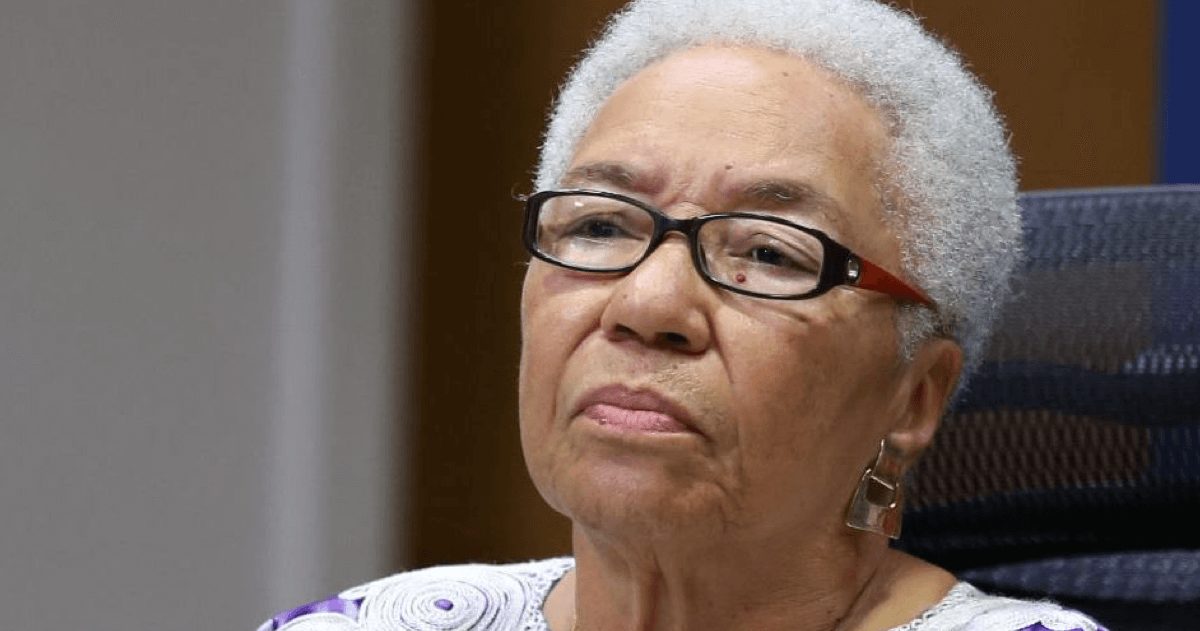
Ora Houston grew up in East Austin. She attended historic Blackshear Elementary and the original L.C. Anderson High School, then went on to graduate from Huston-Tillotson University—all in the newly created district that she now proudly represents on the Austin City Council.
That close connection to her home community is why she took to the pages of the Austin American-Statesman this week, raising the alarm about CodeNEXT.
Houston starts with a lesson in Austin’s history of institutional racism. She draws a direct connection between the 1928 plan that created the city’s “Negro District” and the infamous redlining and “urban renewal” of the decades that followed, each of which led to further segregation and displacement of African-American Austinites.
Will CodeNEXT lead to more of the same? Houston has her suspicions:
The process to simplify the land development code in 2015 and the potential negative impacts of CodeNext when implemented in 2018 cause me grave concern. All have a cumulative and desired effect of allowing land owned by Austinites of African and Mexican ancestry to be acquired by speculators and developers. … More egregiously, when the decisions were made, the targeted communities were not included in the conversation, even though the impact would affect their families for future generations.
As Houston points out, our community’s latest wave of racial displacement—focused now on the city’s gentrification-prone Eastern Crescent, along the fringes of Central East Austin—is impossible to ignore. Austin is the only fast-growing city in the United States, in fact, that has experienced a net loss of African-Americans between 2000 and 2010.
When it comes to solving the problem, Houston says the city has been talking too much and acting too little …
Recommendations have been made — yet no action has been taken to protect the landowners who wish to stay in place or to slow the impact of development in the targeted growth areas. There is a need to address the cause of this dire situation — which has been snowballing for decades — with actionable solutions.
… and that whatever fix the community decides on must not make the problem worse, as CodeNEXT threatens to:
[W]e must find a solution that does not shoehorn or continue to displace communities that have low to moderate resources.
Community Not Commodity couldn’t agree more. If you’re like us and want to help stop the market-fueled removal of Austin’s most vulnerable families, sign our anti-displacement petition—and then consider signing our new petition to stop CodeNEXT’s unfair, unwanted, and unlawful mapping process.
Together we can build an Austin for everyone!